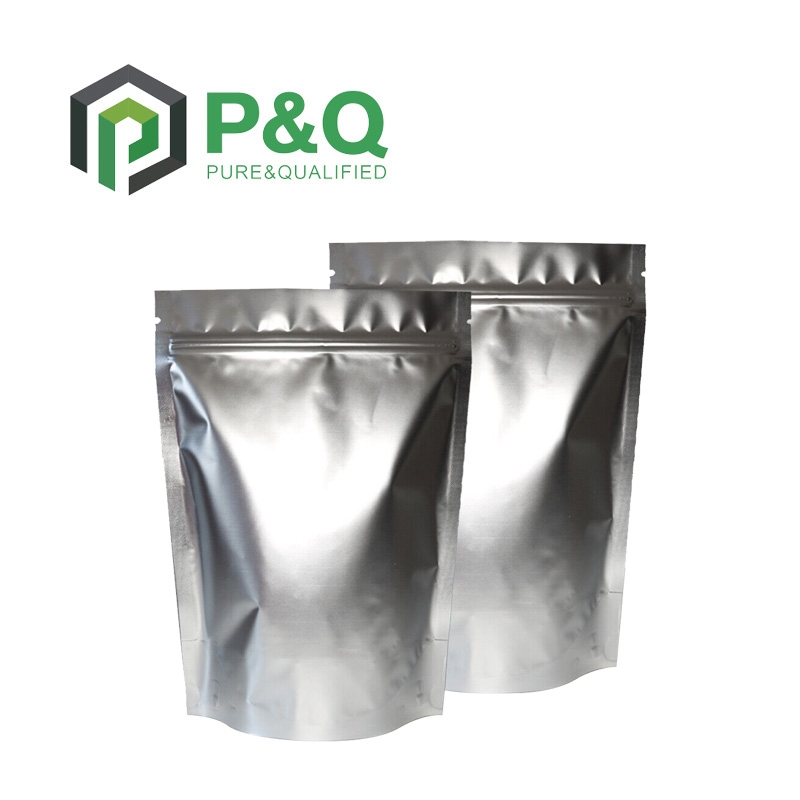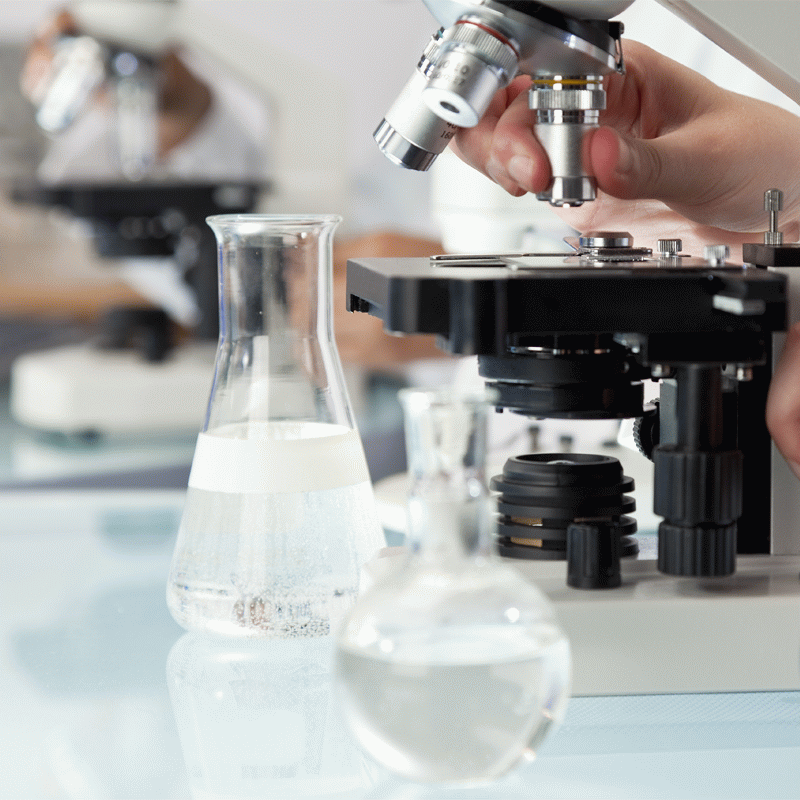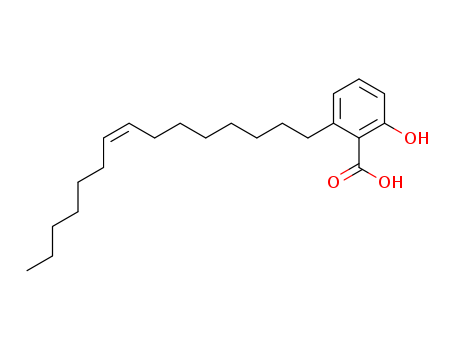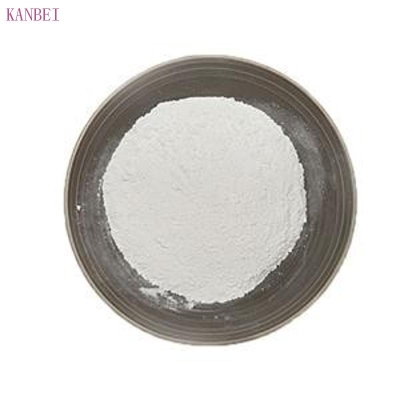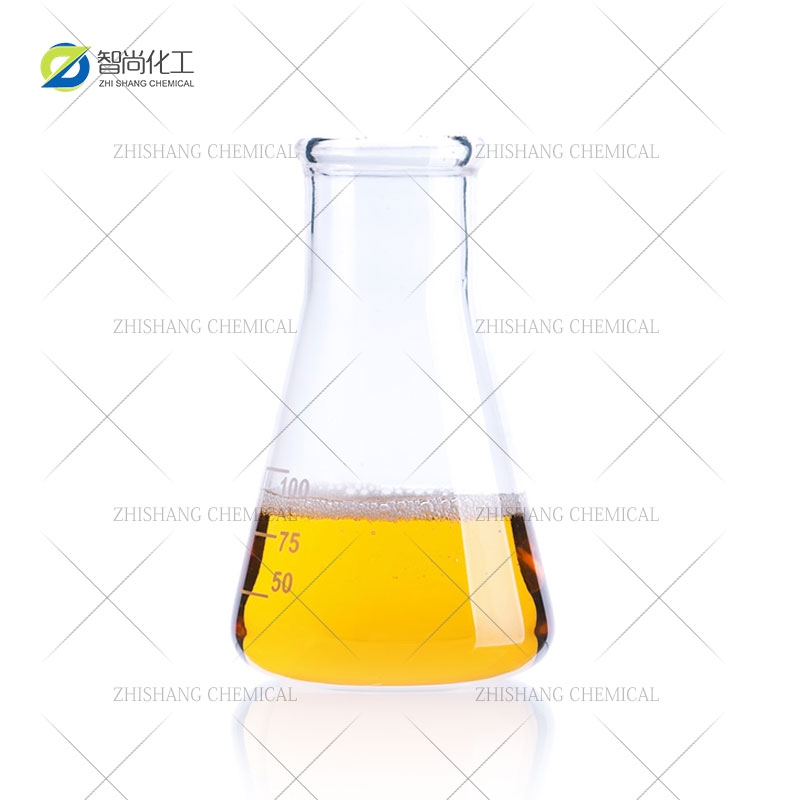Biochemical Engineering
- • Amino Acids and Proteins (221)
- • Nucleic Acid Drugs (18)
- • Enzymes and Coenzymes Drugs (115)
- • Inhibitors (1083)
- • Biological Response Modifiers (15)
- • Fat Medicines (7)
- • Amino Acids and Derivatives (4144)
- • Saccharides (2371)
- • Biochemical Reagents (322)
- • Nucleoside Drugs (346)
- • Condensing Agent (40)
- • Polypeptide (619)
- • Biosynthetic Natural Products (105)
- • Plant Extracts (813)
- • Chinese Herbs (352)
- • Microbiology Reagents (11)
- • Protein Research (34)
- • Lipids (281)
- • Inflammation Mediators (128)
Related News
Sort Chinese Herbs Alphabetically
Chinese Herbs
Willow, Salixalba, ext.
(84082-82-6)-
Food Grade / 50%
-
Food Grade / -
-
Chemical Grade / 99%
$10/UNIT EXW
-
![WillowBarkExtract buy WillowBarkExtract]()
IndustrialGrade / 99.00%
Request for quotation , get quotes from more suppliers.
Phillyrin
(487-41-2)-
- / 99.00%
-
-
industrial Grade / 98%
-
Industrial Grade / 99%
Request for quotation , get quotes from more suppliers.
Ginkgolic acid
(22910-60-7)-
- / 99.00%
-
Industrial Grade / 99%
-
Pharmacy Grade / 99%
-
- / 99%
Request for quotation , get quotes from more suppliers.
Jujuboside A
(55466-04-1)-
Industrial Grade / 99%
-
Pharmacy Grade / 2%
-
![Jujuboside A buy Jujuboside A]()
Industrial Grade / 99%
-
![Jujuboside A buy Jujuboside A]()
Request for quotation , get quotes from more suppliers.
Atractylenolide III
(73030-71-4)-
- / 99.00%
-
Industrial grade / 99%
-
Industrial Grade / 99%
-
![Atractylenolide III buy Atractylenolide III]()
Industrial Grade / 99%
Request for quotation , get quotes from more suppliers.
Albiflorin
(39011-90-0)-
- / 99.00%
-
Industrial grade / 98%
-
Industrial Grade / 99%
-
![Albiflorin buy Albiflorin]()
Industrial Grade / 99.00%
Request for quotation , get quotes from more suppliers.
Gamma-linolenic acid
(506-26-3)-
Reagent Grade / 99%
$15-17/KG FOB
-
- / 99.00%
-
Industrial Grade / 98%
-
Food Grade / 99%
Request for quotation , get quotes from more suppliers.
Protopine
(130-86-9)-
- / 99.00%
-
Industrial Grade / 99%
-
![Protopine buy Protopine]()
Industrial Grade / 99.0%
-
![Protopine buy Protopine]()
Industrial Grade / 99%
Request for quotation , get quotes from more suppliers.
(-)-Sophoridine
(6882-68-4)-
- / 99.00%
-
Pharmaceutical grade / 0.99%
-
Pharmacy Grade / 98%
-
![Sophoridine buy Sophoridine]()
Industrial Grade / 99%
Request for quotation , get quotes from more suppliers.
Peiminine
(18059-10-4)-
- / 99.00%
-
Industrial Grade / 99%
-
![Peiminine buy Peiminine]()
Industrial Grade / 99.0%
-
![Peiminine buy Peiminine]()
Industrial Grade / 99%
Request for quotation , get quotes from more suppliers.










